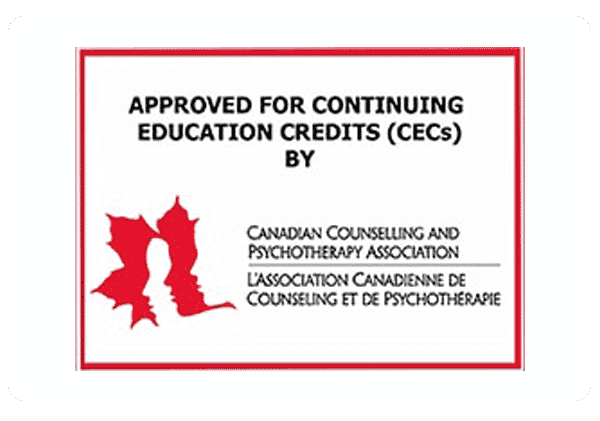Integrating Polyvagal Theory in Clinical Practice: Becoming a Polyvagal Informed Therapist – Dr Stephen Porges
In this course, participants will learn about Polyvagal Theory from its author, Dr. Stephen W. Porges. Dr. Porges will dive into clinical applications of the theory to help you understand the mechanisms underlying several core features related to biobehavioral state regulation that are shared with several psychiatric diagnoses (e.g., PTSD, autism, depression, and anxiety disorders). He will explain how neuroception, a ‘neural’ detection system not requiring conscious awareness, constantly scans the environment for cues of safety or threat which leads to a psychological response of calm and connected, mobilized and defensive, or immobilized and disassociated. Read More
The course will be structured into a brief 45-minute overview of the theory followed by a structured interview. During the interview Dr. Porges will be asked clinically relevant questions. His answers will provide science-based insights for clinicians to further understand the powerful influence of biobehavioral state on their client and on themselves. The participants will learn that the important role of biobehavioral state in the clinical trajectory is a generalized phenomenon across all modes of healthcare treatment and useful to clinicians representing different disciplines with diverse skills and training.
TRAINING information
In this course, participants will learn about Polyvagal Theory from its author, Dr. Stephen W. Porges. Dr. Porges will dive into clinical applications of the theory to help you understand the mechanisms underlying several core features related to biobehavioral state regulation that are shared with several psychiatric diagnoses (e.g., PTSD, autism, depression, and anxiety disorders). He will explain how neuroception, a ‘neural’ detection system not requiring conscious awareness, constantly scans the environment for cues of safety or threat which leads to a psychological response of calm and connected, mobilized and defensive, or immobilized and disassociated. Read More
The course will be structured into a brief 45-minute overview of the theory followed by a structured interview. During the interview Dr. Porges will be asked clinically relevant questions. His answers will provide science-based insights for clinicians to further understand the powerful influence of biobehavioral state on their client and on themselves. The participants will learn that the important role of biobehavioral state in the clinical trajectory is a generalized phenomenon across all modes of healthcare treatment and useful to clinicians representing different disciplines with diverse skills and training.
Learning Objectives
At the conclusion of this activity, participants should be able to:
- Understand the importance of the client’s and the therapist’s physiological state during a therapy session.
- Be able to use observable features of self and (vocal intonation, facial expression, posture, muscle tension) to detect and monitor both their own and their client’s physiological state.
- Become aware that bodily state of both therapist and client influences the therapeutic interaction and can influence the clinical trajectory and facilitate or deter the efficient impact of therapy.
- Learn what cues signal a neuroception of safety or a neuroception of threat.
- Learn, from a polyvagal perspective, to establish a ‘safe’ therapeutic context during which their clients are more likely to calm and downregulate physiological states of defense.
About the Speaker

CPD/CE
CPD / CE / NBCC credits available: 3
How do I receive these credits? The participant must pass the multiple-choice test with a minimum score of 80%. There is a maximum of three attempts to achieve this. The post-test is included in the price of the training.
Does my regulatory body accept the credits? The CPD & CE credits awarded can be used towards your declaration to any governing regulatory body in your state or country, provided the content is relevant to your discipline. Our trainings are accredited by: – The CPD Group, London – Canadian Counselling and Psychotherapy Association – Australian Counselling Association – National Board of Certified Counselors (NBCC).






